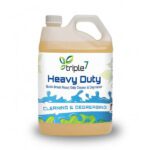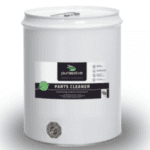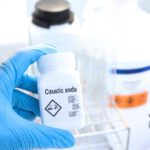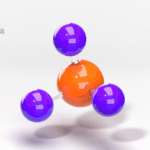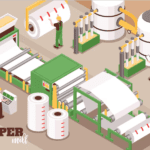Have we already paid a price with the lives of our next generations with chemicals that don’t biodegrade? What are the ways that we have fallen back, and how can we rectify the mistakes made by the earlier generations?
The use of chemicals that do not biodegrade, also known as persistent organic pollutants (POPs), has been a significant problem for many years. These chemicals, which include pesticides, industrial chemicals, and waste materials, can have a detrimental impact on the environment and human health. They persist in the environment for long periods of time and can travel long distances, making them a global problem.
One of the most significant impacts of POPs is on human health. These chemicals have been linked to a wide range of health problems, including cancer, reproductive and developmental problems, and immune system dysfunction. They can also harm wildlife and the environment by disrupting the food chain, reducing biodiversity, and harming fragile ecosystems.
One of the ways that we have fallen back as a society is by not fully understanding the long-term consequences of our actions. In the past, many of these chemicals were used without fully understanding their potential impacts on the environment and human health. Additionally, companies and governments have often prioritized short-term economic gain over the long-term well-being of people and the environment.
To rectify the mistakes made by earlier generations, there are several steps that can be taken. One of the most important is to phase out the use of POPs and replace them with safer alternatives. This can be done through a combination of regulations, bans, and incentives for companies to adopt safer practices. Additionally, it is important to invest in research and development to identify new, safer alternatives to these chemicals.
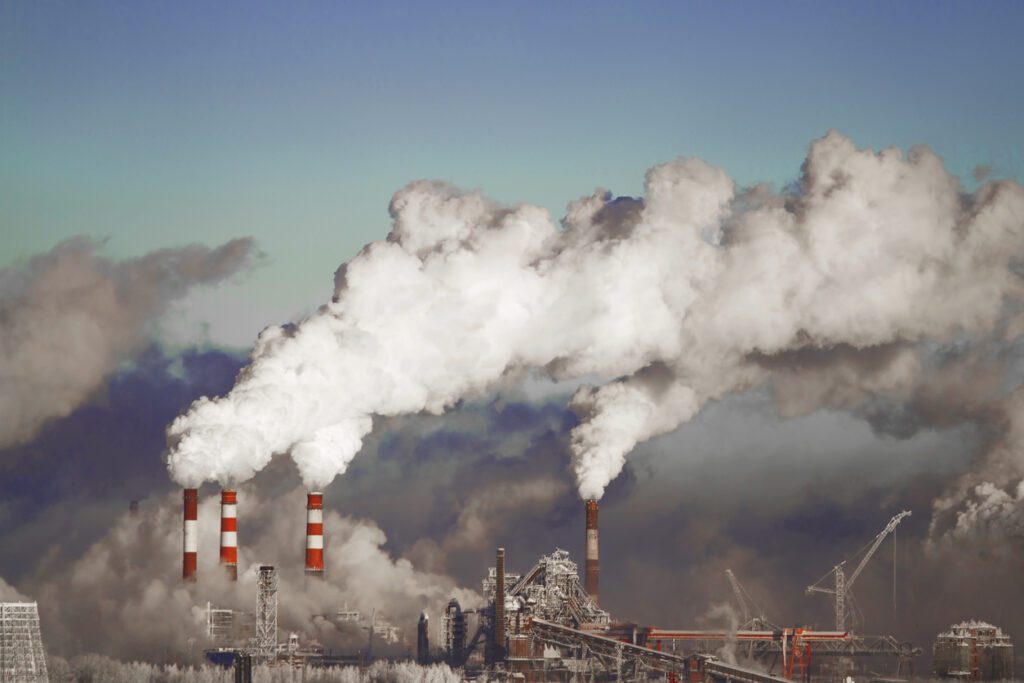

Another important step is to improve waste management and disposal practices. Many POPs are released into the environment through improper disposal of waste materials. By improving waste management and disposal practices, we can reduce the amount of POPs that are released into the environment.
We also have to invest in and support the development of new technologies that can help to clean up and remove existing POPs from the environment. This can include things like bioremediation, in which microorganisms are used to break down pollutants, and phytoremediation, in which plants are used to remove pollutants from the soil.
Another important step is to educate and raise awareness about the dangers of POPs. This can be done through public education campaigns, media coverage, and community outreach programs. By educating people about the dangers of these chemicals and the steps that can be taken to minimize their impact, we can empower individuals and communities to take action to protect themselves and the environment.
International cooperation is also crucial in addressing the problem of POPs. Many POPs are transported long distances by wind and water, making it a global problem that requires a global solution. Through international agreements such as the Stockholm Convention, countries are working together to phase out the use of POPs and to develop safer alternatives.
In conclusion, the use of chemicals that do not biodegrade has already had a significant impact on the environment and human health. To rectify the mistakes made by earlier generations, it is important to phase out the use of POPs and replace them with safer alternatives, improve waste management and disposal practices, invest in new technologies to clean up existing POPs, educate and raise awareness about the dangers of these chemicals, and cooperate internationally to address the problem. It’s important for us to take immediate actions and make sure that we don’t leave the problem for the next generations. We must work together to protect the environment and human health for a sustainable future.





